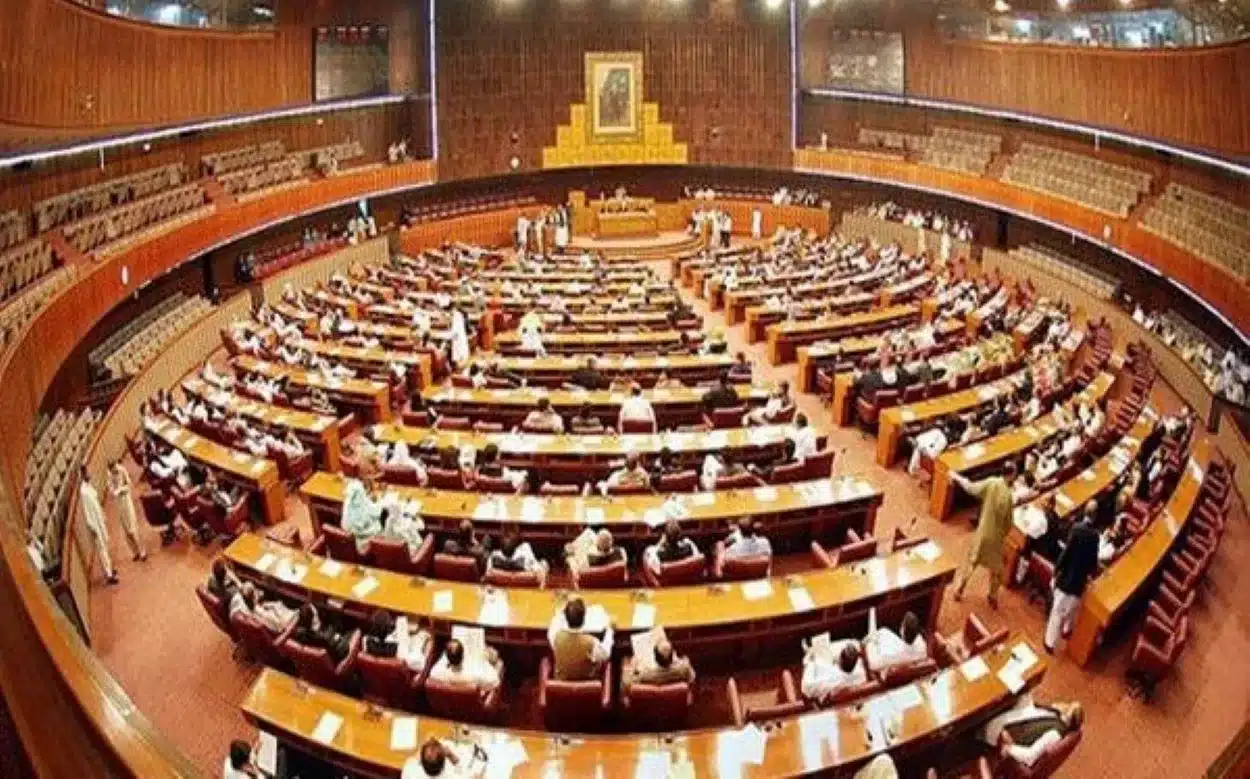The Supreme Court (Practice and Procedure) Act 2023, which aimed to limit the Chief Justice of Pakistan’s (CJP) authority to take suo motu actions and establish benches, became law on Friday, despite the apex court’s directive to halt its implementation.
The National Assembly’s official Twitter account shared the news.
“Supreme Court (Practice and Procedure) Act, 2023 of the Majlis-e-Shoora (Parliament) is deemed to have been assented by the President W.e.f 21 April 2023, under Clause (2) of the Article 75 of the Constitution of Islamic Republic of Pakistan.”
Following the bill’s completion of all stages, the NA Secretariat issued an official notification and sent a gazette notification to the Printing Corporation.
It’s worth noting that President Dr. Arif Alvi returned the bill unsigned to parliament twice.
The apex court “pre-emptively” halted the enforcement of a bill that sought to restrict the chief justice’s powers to initiate suo motu proceedings or form benches.
The court declared that whether the bill received the president’s assent or was deemed to have been granted, “the act that comes into being shall not have, take or be given any effect (and) not be acted upon in any manner.”
The Act was introduced after the Supreme Court decided to order elections in Punjab and Khyber-Pakhtunkhwa within 90 days of their dissolution, among other decisions, to limit the CJP’s powers to take suo motu notice and establish benches independently.
The federal cabinet amended the CJP’s suo motu powers, stating that the country’s top judge cannot automatically initiate suo motu proceedings and proposed that three Supreme Court judges would decide if the court should initiate suo motu proceedings in a particular matter.






